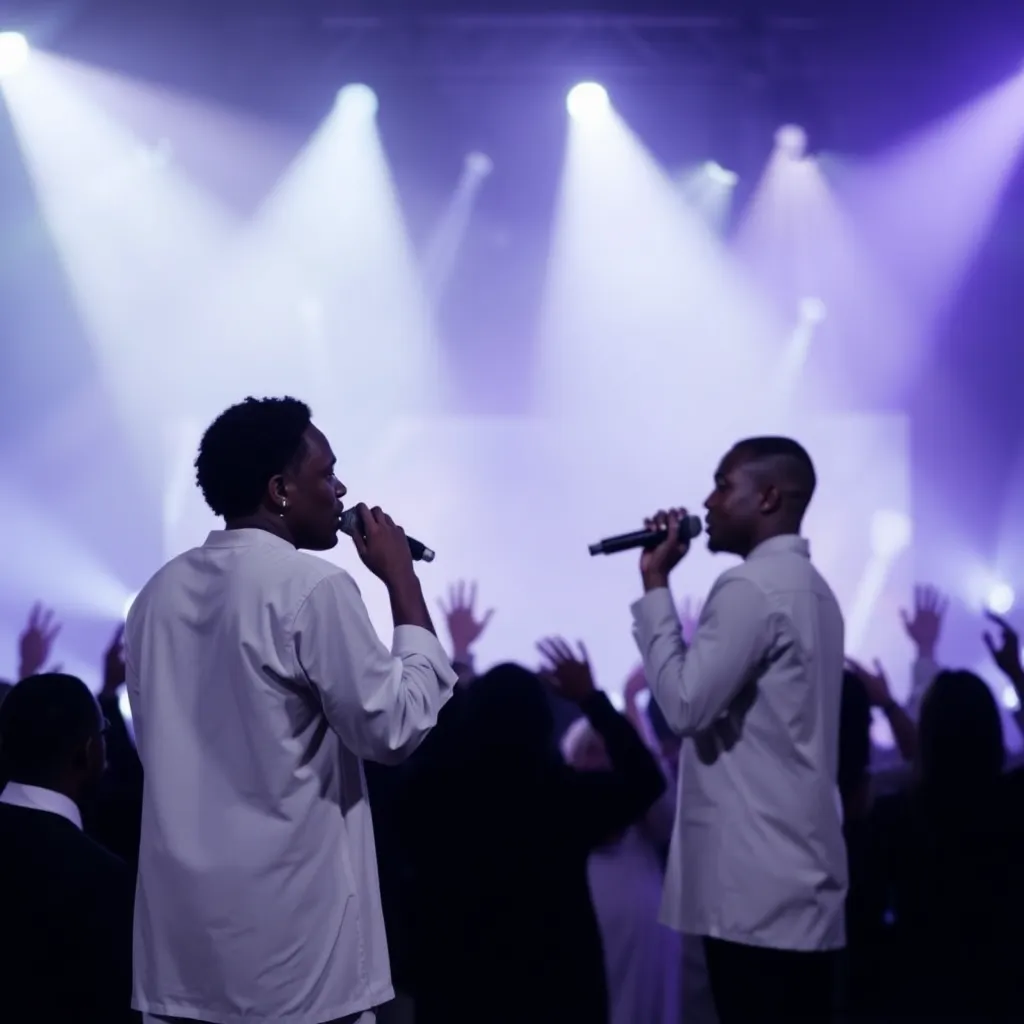
Ghana’s music and entertainment industry, once brimming with promise, finds itself at a critical junction. Despite producing an abundance of talent, unique cultural soundscapes, and vibrant artistic expression, the sector is plagued by internal politics, media exploitation, and a lack of institutional support. These systemic issues are not just stifling the growth of artists—they are actively repelling potential investors who see the chaos as a red flag rather than a goldmine.
Award Schemes: From Merit to Manipulation
Once held as the pinnacle of recognition in the Ghanaian creative space, award schemes have sadly devolved into personal popularity contests. Allegations of favoritism, bribery, and backdoor deals overshadow the genuine accomplishments of hardworking musicians. When awards are handed out based on affiliations rather than artistry, the credibility of the industry suffers—damaging the perception investors have of how merit is measured and rewarded in Ghana.
Media Clout Over Artist Growth
Instead of empowering artists, many media outlets have become enablers of negativity. Sensational headlines, clickbait narratives, and the prioritization of personal feuds over artistic success create an atmosphere where controversy trumps content. For investors who look for consistency, structure, and positive storytelling around the brands they support, this is a dealbreaker. They don’t invest in instability—they invest in impact.
The Missing Piece: Government Support
Governments around the world play a vital role in building the creative economy. In Ghana, however, policy support for the arts remains painfully inadequate. Infrastructure, funding, intellectual property protection, and export support for creative works are either absent or poorly managed. When state institutions neglect the arts, they fail to build investor confidence. The message it sends? This is not a sector worth supporting.
Loud Voices with Little Knowledge
One of the industry’s most damaging traits is the dominance of opinions from individuals who lack technical expertise or practical experience. Often amplified on social media or in the press, these voices steer conversations away from development and into chaos. Real change is stifled by the loudest voices, not the wisest ones—pushing away professionals who could elevate the industry and investors who seek strategic dialogue.
The Investor’s Perspective
From an investor’s lens, Ghana has it all—raw talent, a passionate fanbase, rich culture, and global appeal. But the internal dysfunctions are too costly to overlook. No investor wants to pour resources into an industry where talent is undervalued, infrastructure is lacking, and narratives are controlled by gossip rather than growth. The potential is there, but so is the risk—and unless that balance tips in the right direction, the money will continue to flow elsewhere.
The Ripple Effect on the Nation
The stagnation of the entertainment industry isn’t just an artistic loss—it’s an economic one. Music, film, and digital arts are billion-dollar industries globally. When Ghana fails to build a healthy environment for its creatives, it loses out on job creation, foreign investment, tourism appeal, and cultural diplomacy. An undervalued creative sector is a missed opportunity for national growth.
What Needs to Change
- Transparency and fairness in award schemes and industry gatekeeping
- Media responsibility in promoting positive narratives and artist development
- Government intervention in infrastructure, funding, and export policies
- Professionalism and education to elevate the level of discourse in the space
- Unity among stakeholders to build a more structured and investor-friendly ecosystem
Conclusion: Ghana Must Rise to the Occasion
Ghana’s creative industry has the power to influence the world, but only if it first learns to support itself. Artists need platforms, not politics. Investors need systems, not scandals. The nation needs to understand that the creative arts are not a side hustle but a national asset. Until we shift the mindset and embrace collective responsibility, we risk losing our best talents—and the future they could create.





